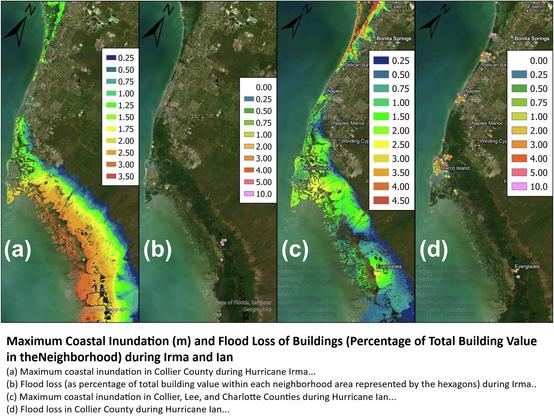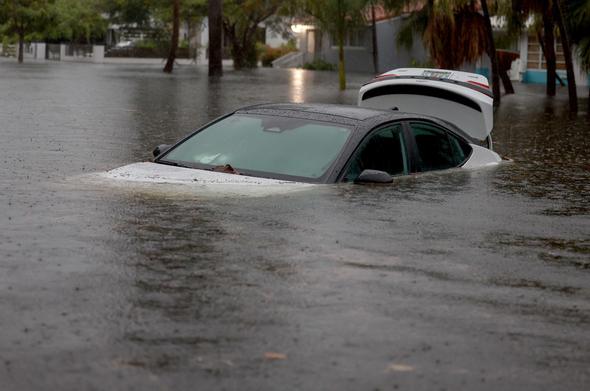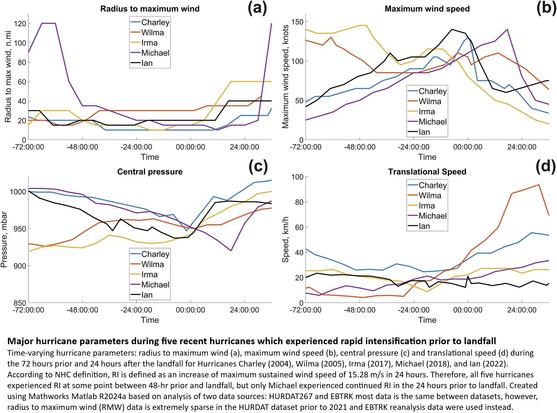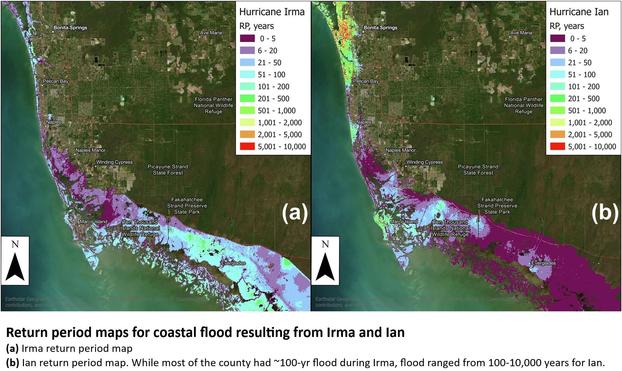Prince and Briner present a new sea level curve for the southern Nares Strait in Greenland. They find an GIA induced exponential lowering of relative sea level from the highstand of 85 m at about 9000 years ago.
#SeaLevel
I've been doing more of my own research: https://tallahasseebeach.substack.com/p/paleohistorical-outline. #fiction #weird #worldbuilding #florida #pleistocene #sealevel
🎬 Das SEALEVEL ist bereit! Warm, gemütlich und Filme gratis!
Kommt vorbei, schnappt Euch ’nen Stuhl und genießt das CINEMARE-Feeling 💙
16:30h geht’s los! Bis gleich....
#Cinemare #Cinemare_Kiel #MeeresFilmFestival #Kiel #SaveTheOceans #OceanFilmFestival #Kino #Cinema #Dokumentarfilm #KielLovesTheOcean #SeaLevel
📷 Till Dietsche
Antarctic Meltwater Alters Future Projections Of Climate And Sea Level
--
https://doi.org/10.1038/s41467-025-64438-3 <-- shared paper
--
https://doi.org/10.7275/6t64-wy56 <-- shared link to scripts for running the models and creating the figures in this data repository
--
#GIS #spatial #mapping #model #modeling #sealevel #sealevelerise #meltwater #Antarctic #projection #forecast #global #climatechange #icesheet #massloss #refinement #meansealevel #SouthernOcean #fluvial #pluvia; #precipitation #overturningcirculation #heattransport #temperature #Pacific #Atlantic #ocean #marine #spatialanalysis #spatiotemporal
https://www.antarcticglaciers.org/glaciers-and-climate/sea-level-rise-2/recovering-from-an-ice-age/
"…the rebound of the Earth is not the only complicating factor when we try to measure how much sea level is rising. When #meltwater is added to the oceans, #sealevel doesn’t rise by the same amount everywhere; in some places it rises by more than the average amount, and in others it rises by less. The reason for this variation is #gravity…"
I have the first paper in my 2026 folder! Altyeb et al present a compilation of Last Interglacial (MIS 5e) sea level proxies along the Egyptian Coast of the Red Sea. It looks like the northern part of the coast is affected by tectonics.
Thousands of US hazardous sites are at risk of flooding because of sea level rise, study finds https://phys.org/news/2025-11-thousands-hazardous-sites-sea.html
#UnitedStates #USA #US #environment #flood #floods #flooding #sea #SeaLevel #SeaLevelRise
Day 7 of the Ark of Coral Reefs saw us visit Tatsukushi in Kochi Prefecture. I saw lots of evidence of higher relative sea level, in addition to the beautiful Miocene sediments of the geopark.
https://raisedbeaches.net/2025/11/20/the-ark-of-coral-reefs-cruise-day-7/
New Study Links Flood Risk And Hurricane Attributes In Southwest Florida
--
https://coastalscience.noaa.gov/news/new-study-links-flood-risk-and-hurricane-attributes-in-southwest-florida/ <-- shared technical article
--
https://doi.org/10.1038/s44304-025-00141-z <-- shared paper
--
H/T NOAA Centers for Coastal Ocean Science
#water #hydrology #extremeweather #flood #flooding #hurricane #model #modeling #Irma #Ian #HurricaneIrma #HurricaneIan #cost #damage #infrastructure #damage #FEMA #HAZUS #Florida #CollierCounty #insurance #risk #hazard #usecase #casestudy #publicsafety #SLR #sealevel #sealevelrise #floodmodel #model #modeling #spatialanalysis #opendata #storm #stormsurge #vegetation #mangrove #NFIP #spatial #GIS #mapping
#NOAA
Tang et al present new sea level index points for the Bohai Sea, providing a much better constrained mid-late Holocene sea level reconstruction than was available before. There is strong evidence that relative sea level was 2.2-3.5 m higher than present in the mid-Holocene.
Langford et al report on paleo sea level during MIS 7 and 5e for Fenland in eastern England. In both cases, paleo sea level was higher than present in Fenland. I think this adds to the growing evidence that global sea level in MIS 7 did go above present level.
Study provides new forecasts of remote islands' vulnerability to sea level rise https://phys.org/news/2025-11-remote-islands-vulnerability-sea.html
Climate change and rising sea levels to worsen urban health risks in Mumbai https://phys.org/news/2025-11-climate-sea-worsen-urban-health.html
#Mumbai #environment #sea #SeaLevel #SeaLevelRise #health #PublicHealth #climate #ClimateChange #ClimateCrisis
Suganuma et al provide a thorough examination of the Holocene collapse of the Lützow-Holm Bay ice shelf in Antarctica. They pinpoint when the collapse happened by investigating the beryllium isotopes. When the bay became open ocean, cosmogenic ¹⁰Be could reach the sediments.
#Antarctica #IceSheets #SeaLevel
https://d oi.org/10.1038/s41561-025-01829-7
Amid squabbles, bombast and competing interests, what can Cop30 achieve? https://www.theguardian.com/news/ng-interactive/2025/nov/09/amid-squabbles-bombast-and-competing-interests-what-can-cop30-achieve #Greenhousegasemissions #LuizInácioLuladaSilva #Amazonrainforest #Renewableenergy #Climatecrisis #Deforestation #Environment #Fossilfuels #Worldnews #Sealevel #Brazil #Cop30 #Palau
#ExtremeWeather #sealevel #SeaLevelRise #climate #coastalflood
Coastal Risk Screening Tool of Climate Central:
#FYI #AmericanResiliency #resilience #TimesOfChange #ExtremeWeather #sealevel #SeaLevelRise
Dr. #EmilySc hoerning on different #climate outcomes in #UK and #Ireland depending on #AMOC collapsing or not.
https://www.youtube.com/watch?v=hxMfadyuTUg
#climate #ClimateScience #climatechange #ClimateEmergency #ClimateCrisis #ClimateBreakdown #ClimateDisruption #globalWarming #globalHeating #ExtremeWeather #polycrisis
Our Weekly Update #46 is live! 🎥✨
Watch now: https://youtu.be/Lk6hdewZQpE
Don’t forget to subscribe & hit the bell 🔔!
Subscribe to our weekly newsletter!
👉 https://urlroulette.net/newsletter/subscribeform 🚀










![[Post by ayanna.io]
I hate how climate change hits the people who actually take care of the earth the hardest.
[Background photo: coast of Kiribati, a country famous for being under immediate threat by the rising sea level]](https://files.mastodon.social/cache/media_attachments/files/115/496/010/838/542/772/small/298f655fe1c6a5df.jpg)